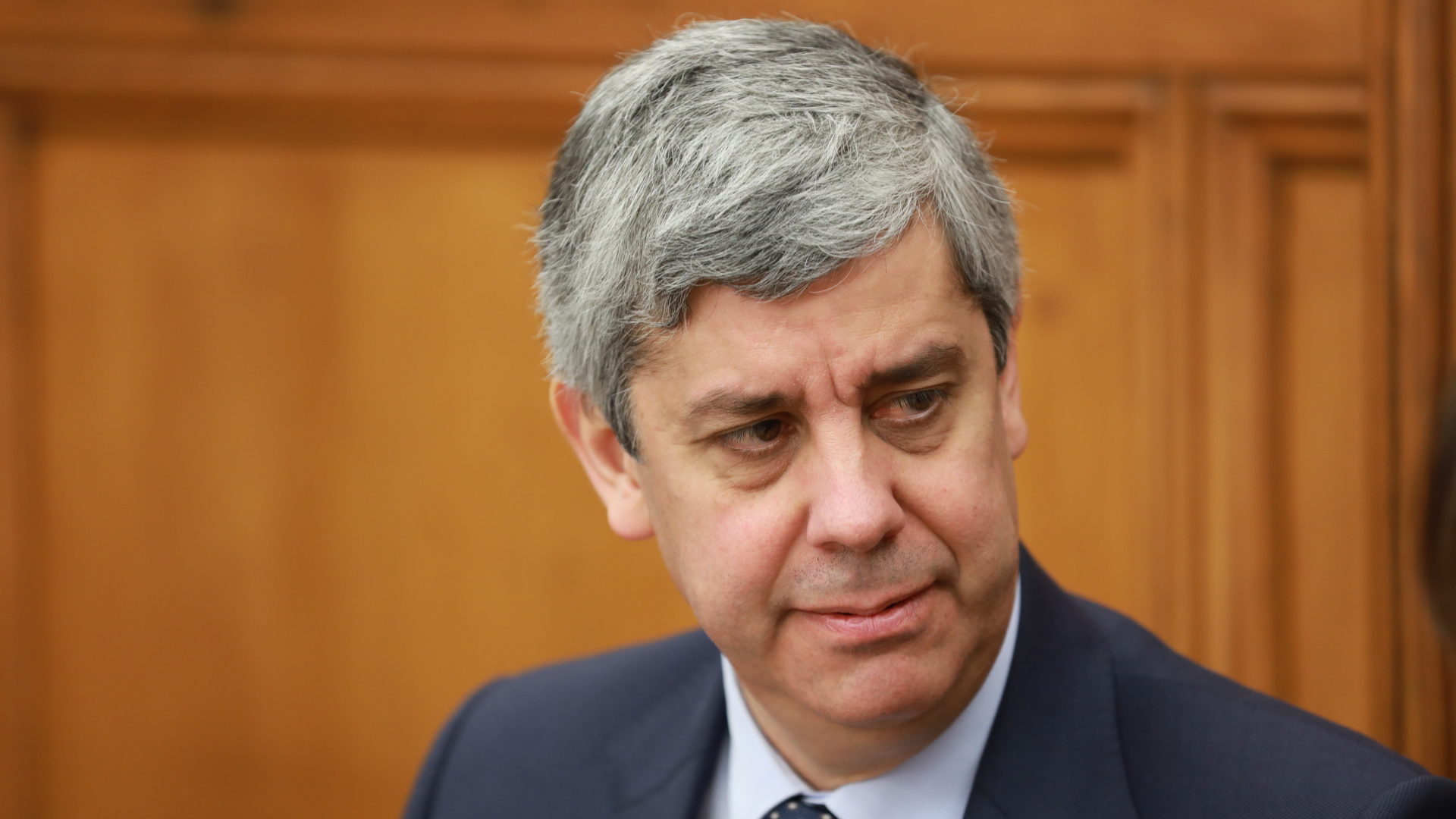Debt restructuring influences creditors’ trust. Centeno seeks alternatives
Debt restructuring is "a difficult process", because it implies a loss of confidence from creditors, states the Finance minister. There are alternatives, such as an early reimbursement to IMF.
Debt restructuring is off the table for the Government, because of the effect it has on creditors’ trust. Mário Centeno clarifies he rejects that path; yet, he opens doors to alternatives and to a discussion within the European framework.
“Restructuring is a difficult process because creditors’ confidence is loss. We reject that path; yet, it is good to study different alternatives. Some solutions are already being enforced, like the early repayment of the loan granted by the International Monetary Fund. A deeper discussion should take place within the European framework”, states the Portuguese Finance minister about the issue, in an interview to the Spanish newspaper El País.
This has been the Government’s stance since the working group constituted to study public debt presented its essay. Among other proposals, the group suggested an extension of the maturity for repaying debt to European institutions from 15 to 45 years, in addition to reducing the interest rate to 1%, a 1.4 percentage points decrease in comparison to what is now charged.
On Portugal’s high indebtedness value, Mário Centeno acknowledges “it is very important” to reduce debt, “not only to own less money, but because reducing debt always implies economic growth”. The Finance minister presents once again the Government’s goal for the upcoming decade: “debt is currently sustainable; nonetheless, we anticipate a three points decrease per year, during the upcoming ten years, until we have cut it to 100% GDP”.
Portuguese banking, a “unique case in Europe”
In the same interview, the Finance minister also spoke of the financial sector, in which six of its seven problems have been solved, Centeno assures.
“Banif has been purchased by Santander; BCP has been capitalized; BPI has fortunately been purchased by La Caixa; Portugal’s largest bank, Caixa Geral de Depósitos, was capitalized using public capital; Novo Banco has been sold to a North-American fund; and the Resolution Fund, which has a very high debt since the resolution of BES, has a 30-year maturity State loan”.
“At the end of the day, we have Spanish, Chinese, Angolan and North-American capital investing in the Portuguese banking. This is a unique case in Europe”, assures Centeno.
What about the seventh problem? Non-performing loans. “The solution does not only concern banking, but also the recovery of companies”, states Mário Centeno, adding that the issue with Portugal was the default of companies, not families. Therefore, the Government is “making laws to facilitate the capitalization of companies, but we had to clean up banks”, the minister states.




